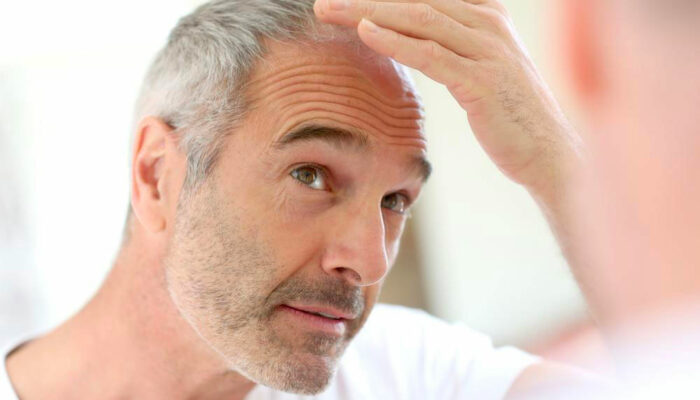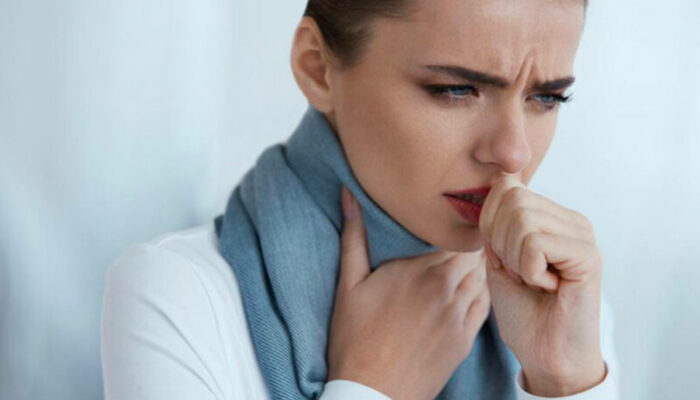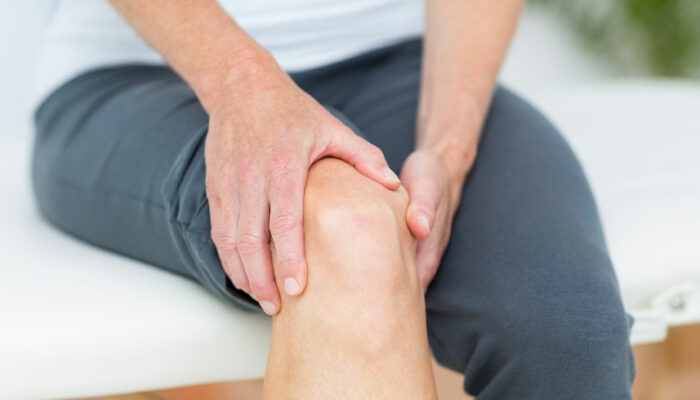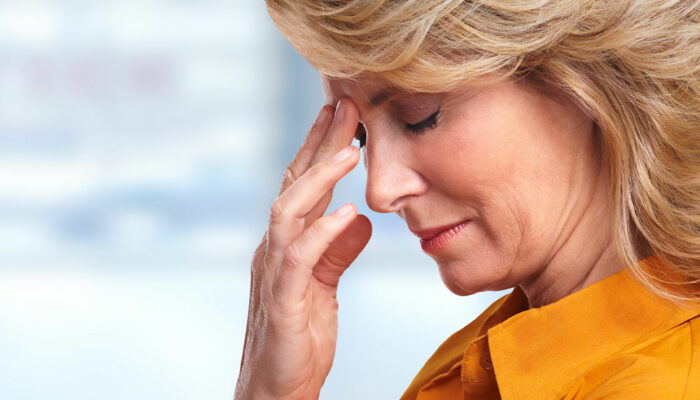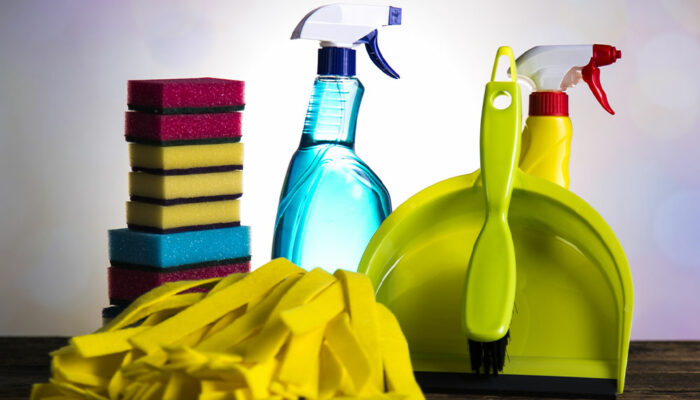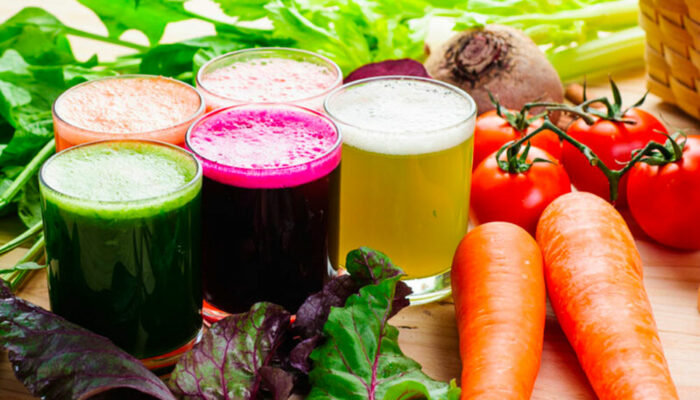
health
Top foods to eat for Crohn’s disease
Crohn’s disease is a chronic, lifelong disease that results in irritation and inflammation along the digestive tract. A Crohn’s flare-up could trigger or worsen symptoms including appetite loss, nausea, abdominal pain and cramping, bloating, and diarrhea, among others. When one eats the correct kinds of foods, it can help in managing and relieving such flare-ups. Herein, we discuss the best foods one can have in such instances. Refined grains Refine grains such as pasta are easy to digest. They possess less fermentable fiber as compared to whole grains and, hence, they pass quickly through the digestive tract. They also are less likely to cause inflammation and tend to be easier on the gut. Some examples of refined grains are rice snacks, waffles, pancakes, plain crackers, pasta, white rice and bread, and fortified ready-to-eat cereals that contain added essential minerals and vitamins. Oatmeal Oatmeal made from rolled/quick oats is a kind of refined grain that contains slightly lesser fiber as compared to steel-cut oats. When one experiences a Crohn’s flare-up, it’s best to avoid foods that contain insoluble fiber, which could worsen diarrhea symptoms. Oatmeal has a soluble fiber known as beta-glucan that helps in easing diarrhea by adding bulk to the stool by slowing digestion, and absorbing water in the intestines and forming a gel.
Read More 
